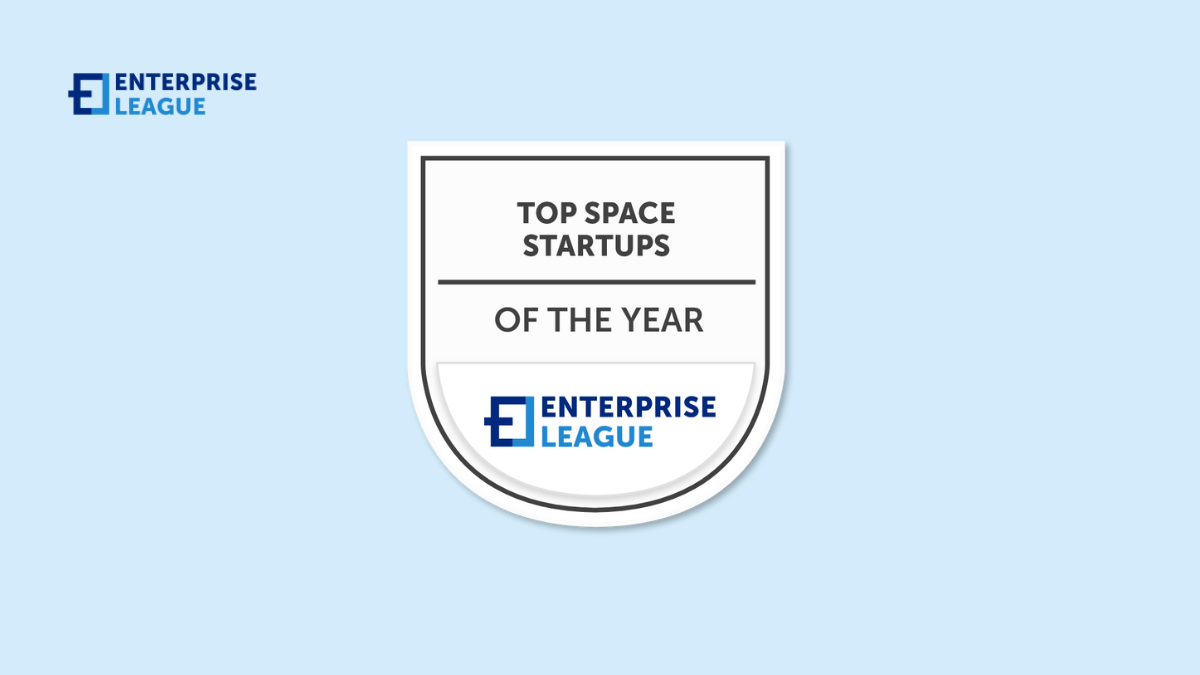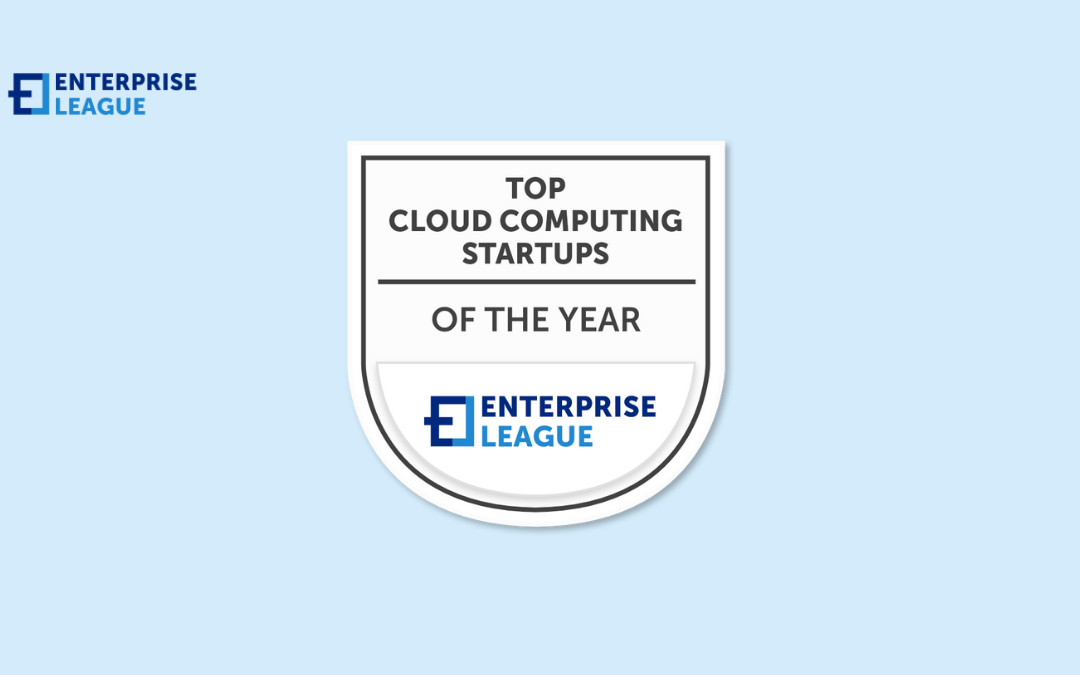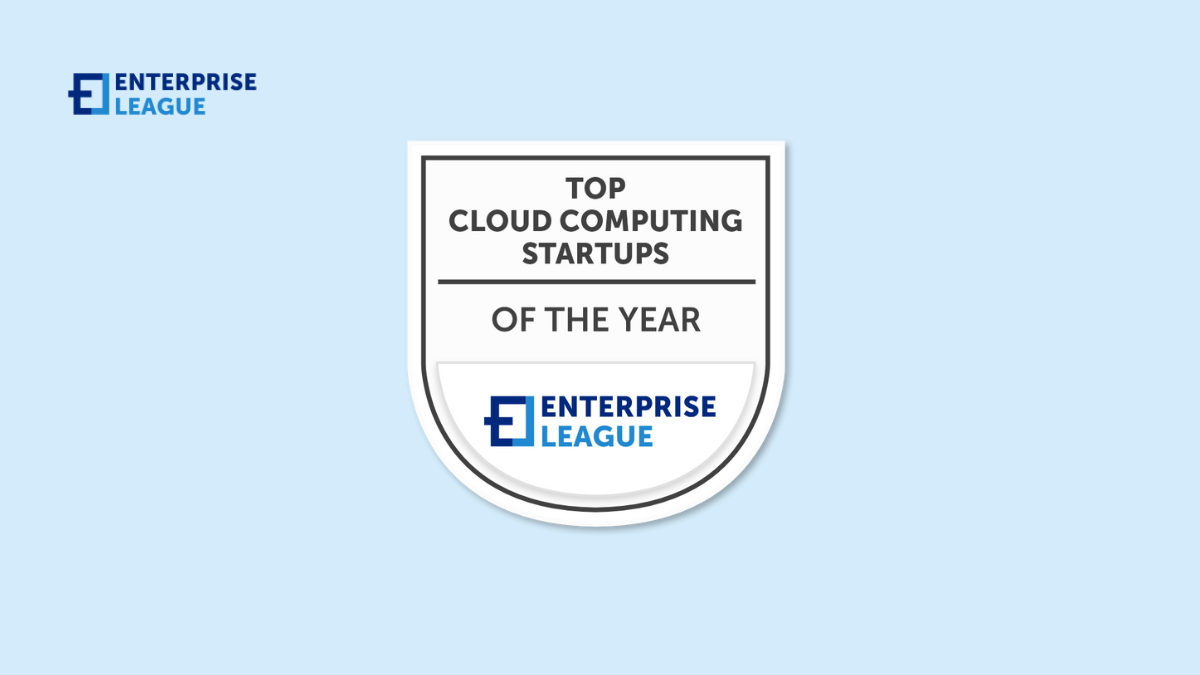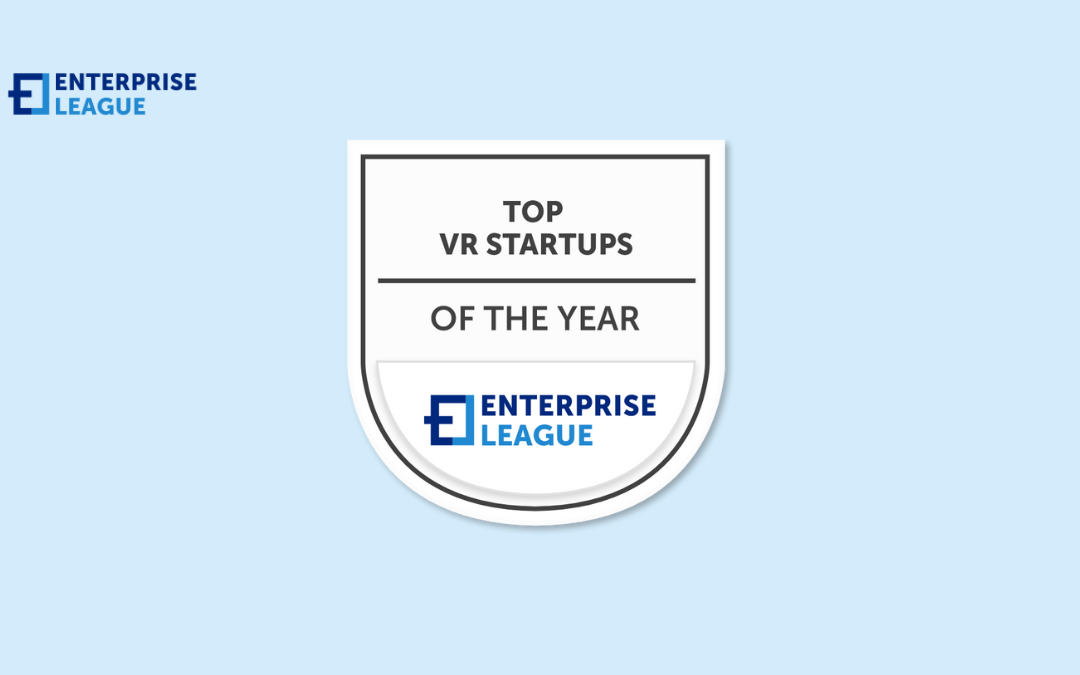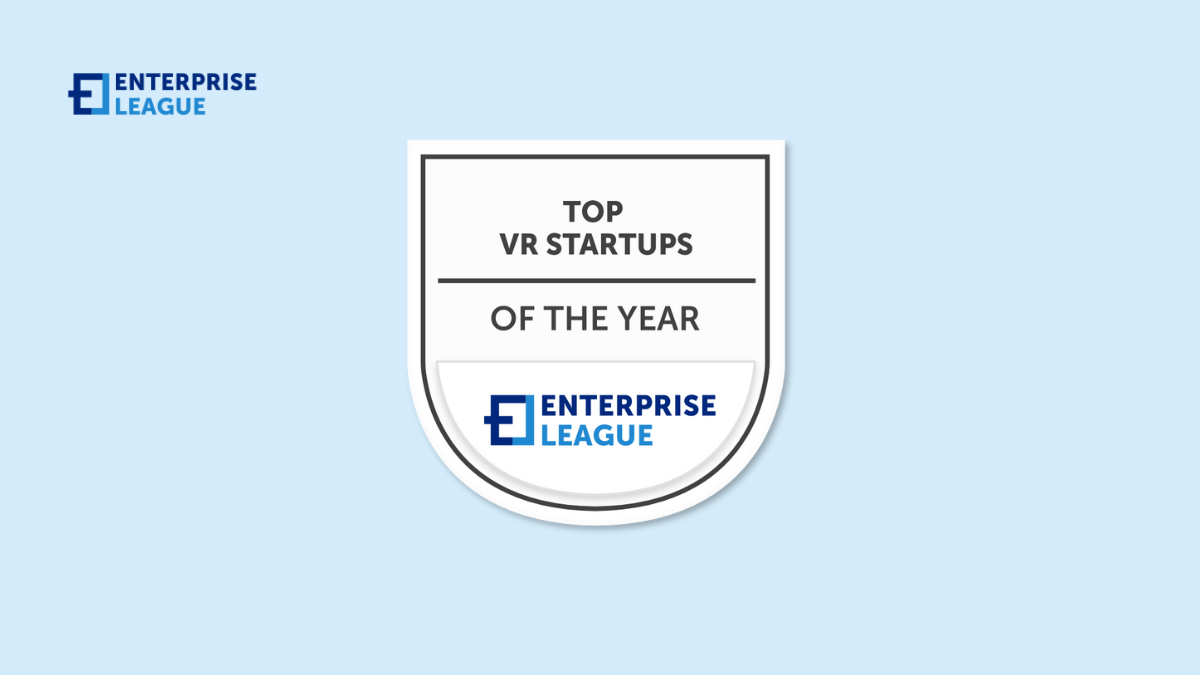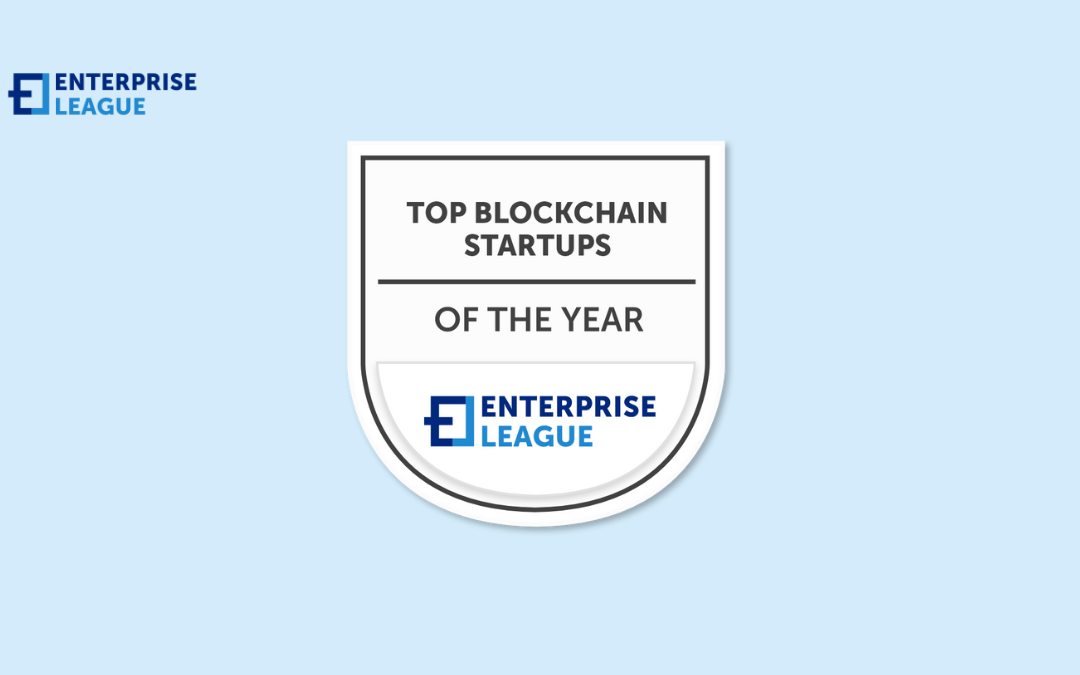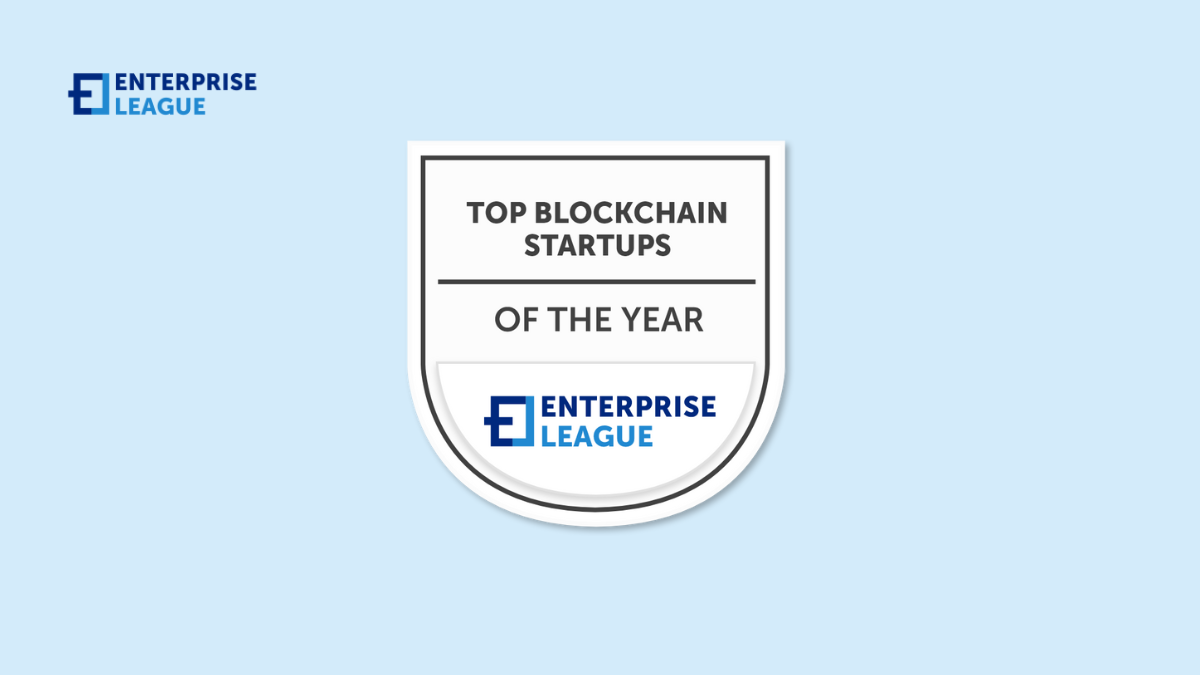An invoice financing service is a great way to secure funding for working capital and investments. Learn how to use invoices to finance your existing business.
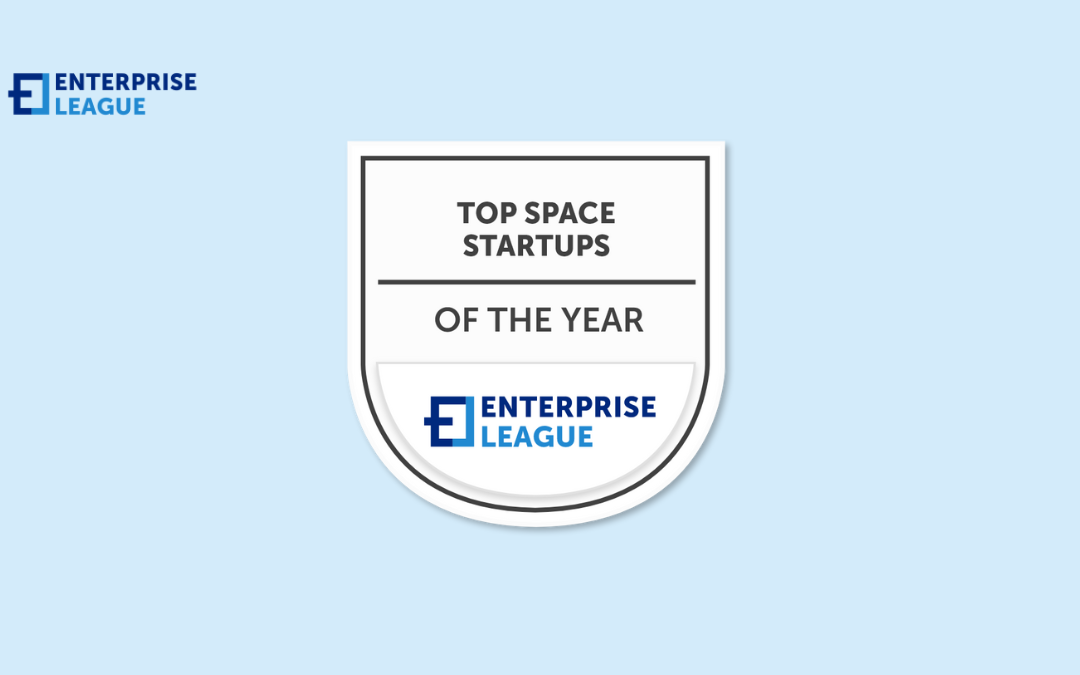
23 innovative space startups you should know (2025)
Feels like we are at the start of a huge space competition, as many countries are rushing to be the first to make the most out of space exploration. Morgan Stanley’s Space Team estimates that the roughly $350 billion global space industry could surge to over $1 trillion by 2040.
This market evaluation is very tempting for bold entrepreneurs, so it’s no wonder that the number of space startups is rising rapidly.
What are space startups?
Space startups are using the latest technology to provide solutions that are applicable to space exploration, research, and travel, as well as collecting data that helps us expand our knowledge of space.
Vestigo Aerospace
Founded in 2020, Vestigo Aerospace makes “drag sails” to help clean up space junk in Earth’s orbit. All the broken satellite parts and unused rocket bodies circling the planet pose growing dangers. Vestigo’s dragsails provide a solution. Their lightweight sails attach to satellites and rocket upper stages that have reached the end of their mission. The drag sail opens up like a parachute increasing drag in space. This pulls space vehicles back into Earth’s atmosphere sooner to burn up, reducing orbital clutter.
CubeSats and small satellites are difficult to deorbit once deployed. But Vestigo’s compact drag sails are designed specifically to work with smaller payloads. By integrating their product, satellite makers can meet guidelines for deorbiting craft once obsolete.
Think Orbital
The ThinkPlatform consists of modular spherical structures designed for autonomous on-orbit assembly to create shielded habitats with abundant interior space. Once launched and self-assembled in microgravity, ThinkPlatforms generate expansive protected volume immune to debris, radiation, and thermal extremes. This enclosed platform environment enables diverse orbital activities including scientific research, asteroid mining operations, astronaut missions, space tourism, manufacturing, and beyond.
As versatile infrastructure supporting various human and industrial uses in space, ThinkPlatforms can host instruments needing stable conditions, house stationed crews, or accommodate tourists to experience weightless free flight. This innovative orbited architecture provides customizable infrastructure to shelter essential space activities within a durable protective sphere.
Firefly Aerospace
Founded in 2017, Firefly engineers lower-cost rockets and in-space vehicles to make ambitious space applications more affordable. Initial products include small satellite launchers and lunar lander systems capable of carrying payloads for governments, research institutions, and corporate enterprises.
By driving down barriers around deep space transit infrastructure, Firefly aims to catalyze rapid expansion of space industry activity. Their systems allow more cost-effective transit and experimentation in orbit, the Moon, and eventually Mars.
Skyroot Aerospace
Founded in 2018, Skyroot has designed modular, versatile launch vehicles powered by specially formulated solid and cryogenic propellant combinations. Their rockets aim to minimize upfront costs and timelines for satellite operators.
By providing flexible, affordable space access, Skyroot intends to help unlock India’s commercial space potential and enable space missions for private companies, research organizations, and startups.
Leaf Space
Founded in 2014, Leaf Space has deployed a global network of interconnected ground station antennas that provide scalable satellite ground services including telemetry, tracking, and control. Their infrastructure aims to simplify space missions.
By virtualizing essential ground systems as a service, Leaf Space helps satellite companies and governments streamline operations and reduce costs related to Earth-space communications. This unlocks new space mission possibilities.
DcubeD
Founded in 2014, DcubeD builds on aerospace lineage while pioneering components purpose-built for the commercial small spacecraft industry. Their solutions turn size constraints into opportunities for innovation.
Companies like Astro Digital, GeoOptics and UNSW Sydney incorporate DcubeD technology for missions ranging from earth observation to asteroid exploration. As smallsats expand application frontiers, DcubeD fulfills their most ambitious requirements.
The Exploration Company
Founded in 2017, TEX builds on NASA heritage while accelerating commercial space with airline-like operations. Their goal is daily flights providing infrastructure to support growth of the LEO economy. Initial services will support satellite logistics.
Backed by Lockheed Martin Ventures and other aerospace investors, TEX is realizing the potential for reusable, propellant-agnostic spacecraft. As space commercialization accelerates, their modular design enables expanding applications on-orbit.
SKYRORA
Founded in 2017, SKYRORA merges 60 years of Scottish rocket expertise with the commercial demands of the new small spacecraft era. Multiple test launches validate their streamlined, environmentally conscious engineering approach.
SKYRORA already has agreements for launches with space leaders including Lockheed Martin and the European Space Agency. As smallsats transform space applications, SKYRORA provides launch capabilities tailored for their rapid growth.
PIXXEL
Founded in 2019, Pixxel realized smallsat hyperspectral technology could unlock life-saving, economy-driving insights hidden at sub-visual wavelengths. Their data empowers better decisions by governments, businesses, and researchers.
With launches underway and funding from top venture firms secured, Pixxel is scaling a constellation that will open our eyes to the full picture. Their spectral data promises new transparency into human and planetary health.
ClearSpace
Founded in 2018 as a spin-out of EPFL, ClearSpace brings technical expertise from missions like Rosetta to tackle the pressing issue of space debris. With collisions and failures accelerating, strategic removal is key to prevent chain reactions.
Backed by the ESA, ClearSpace is on track to execute the first orbital cleanup mission in 2025 to safely remove a discarded rocket part. As orbits grow more congested, their leadership in active debris removal will be critical.
Privateer
Founded in 2020, Privateer aims to solve the dual threats of space debris and asset aging requiring new in-space logistics infrastructure. Their technologies turn sustainability into a practical advantage.
Backed by leading space industry investors, Privateer is building commercially viable vehicles that drive the space economy closer to circular cycles of use, reuse and renewal. As space commercialization accelerates, their services will be essential.
Space Forge
Founded in 2020, Space Forge aims to expand space manufacturing by developing reusable vehicles for microgravity orbital production. Their spacecraft return materials to Earth after in-space fabrication.
By repeatedly transporting raw materials to orbit and then finished products back, Space Forge seeks to make space production commercially viable for pharmaceuticals, alloys, crystals and more. Their vehicle reusability promises lower costs.
AstroForge
Founded in 2021, AstroForge develops autonomous spacecraft for mining asteroids. Their goal is to harvest raw materials like iron, nickel, and water in space for in-orbit use and transport back to Earth.
By extracting and leveraging extraterrestrial resources, AstroForge seeks to provide materials needed to build, support, and fuel future space infrastructure and transportation systems sustainably.
Gilmour Space
Founded in 2015, Gilmour Space develops small satellite buses, launch vehicles, and propulsion technologies to make space more accessible. Their affordable modular buses aim to simplify in-orbit testing and deployment.
By providing integrated smallsat development and competitive launch pricing, Gilmour Space seeks to significantly lower barriers for startups and researchers needing flexible space access.
Exo-Space
Founded in 2018, Exo-Space develops smart sensing and navigation solutions for satellites and spacecraft. Their technology enables autonomous, resilient orbital operations without relying on ground.
By enabling greater spacecraft autonomy through AI, Exo-Space seeks to improve the robustness and capabilities of satellites and constellations as their complexity grows.
Phantom Space
Founded in 2018, Phantom Space designs on-orbit and reentry vehicles for economical satellite transportation and logistics. Their Daytona spacecraft aims to shuttle payloads between orbits then return for reuse.
By providing responsive space taxis and logistics services, Phantom Space seeks to make satellite mobility and recovery dramatically more cost-effective and sustainable long-term.
Reaction Engines
Founded in 1989, Reaction Engines is developing the SABRE, an advanced reusable rocket engine that breathes air in atmosphere and switches to rockets in space. Combined with the Skylon spaceplane design, this aims to provide low-cost space access.
By innovating breakthrough air-breathing rocket propulsion, Reaction Engines seeks to revolutionize affordable, sustainable space transportation infrastructures.
Varda
Founded in 2021, Varda is developing next-generation space infrastructure to enable off-planet manufacturing. Their orbital factory will produce advanced optical fiber and other materials leveraging zero gravity conditions.
Key innovations include a proprietary modular spacecraft design and robotic manufacturing systems optimized for microgravity. This unlocks new levels of precision and quality unattainable on Earth.
Operational Solutions
Founded in 2006, Operational Solutions offers specialized consulting services leveraging expertise from elite former military and government professionals. Clients gain insider perspective to inform decision making.
Key offerings include strategic advisory, capability development, concept testing, training, and operational readiness for complex programs. This high-caliber expertise provides an invaluable edge to both government and commercial players.
ICEYE
Founded in 2014, ICEYE pioneered microsatellite radar imaging from space for real-time earth observation. Their constellation provides invaluable visibility day or night, through clouds, and independent of weather conditions.
Key capabilities enabled by ICEYE’s data include disaster response, maritime domain awareness, infrastructure monitoring, and detecting changes for defense applications. Their frequent coverage drives strategic decision making.
Vyoma
Founded in 2019, Vyoma develops software and data analytics platforms for tracking objects in space to avoid collisions. Their technology monitors orbital congestion and space debris threats for satellite operators and space agencies.
Key capabilities include real-time conjunction warnings, risk assessment reports, and visualization tools for simulating orbital events. This enables proactive monitoring and maneuvering to reduce costly collisions.
Skyports
Founded in 2018, Skyports designs and builds takeoff/landing infrastructure for passenger drones and cargo delivery drones in cities. They also provide flight services including remotely piloted drone deliveries.
Key offerings include scalable skyport and droneport structures, cargo drone logistics, and software for managing air traffic and deliveries. This provides the full suite of infrastructure to integrate advanced aerial mobility into cities.
ZeroAvia
Founded in 2017, ZeroAvia develops hydrogen-electric power systems for aircraft to enable true zero-emissions flight. Their powertrains will first target smaller regional airplanes before advancing to narrow-body and larger aircraft over time.
Key innovations include high-power fuel cell stacks, cryogenic hydrogen storage and refueling, and battery packs to supplement power. This proprietary system aims to match current jet fuel flight capabilities.
Conclusion
Space startups are going to be the next hot thing, as many countries are pouring money in the industry in hope of big breakthroughs. With the market set to grow rapidly, space startups are rushing in to capitalize on their solutions that are expanding our understanding and usage of space.
Discover more creative startups that might interest you:
- Revolutionary biotech startups helping the world with amazing innovations.
- Engineering startups are changing the world with creative solutions.
- Mind-blowing retail solutions by the world’s most ambitious retail startups.
- Innovative gaming startups that are improving the gaming industry
- Unique Generative AI startups that are going to without a doubt change the world.
Related Articles
The pros and cons of invoice financing
Maximize your crypto profits with these 7 proven ways
The most important part of making money with cryptocurrency is understanding the opportunities at hand. Here, you can find the best tips for crypto profits.
Do I need to pay taxes for a startup company?
If you are a startup company, you will have to pay taxes in order to avoid legal problems and penalties. Look at the five reasons why you should start paying.
Transform your business career: 8 tips for writing an impactful startup resume
In the rapidly evolving business landscape, startups have become the epitome of innovation, disruption, and boundless opportunities. If you're aspiring to transform your business career and make your mark in this dynamic realm, crafting an impactful startup resume is...
Moving your office across the country: 8 tips for a seamless transition
Moving your office across the country can be a challenging and stressful process for you. But with these eight tricks, you can ensure a smooth transition.

